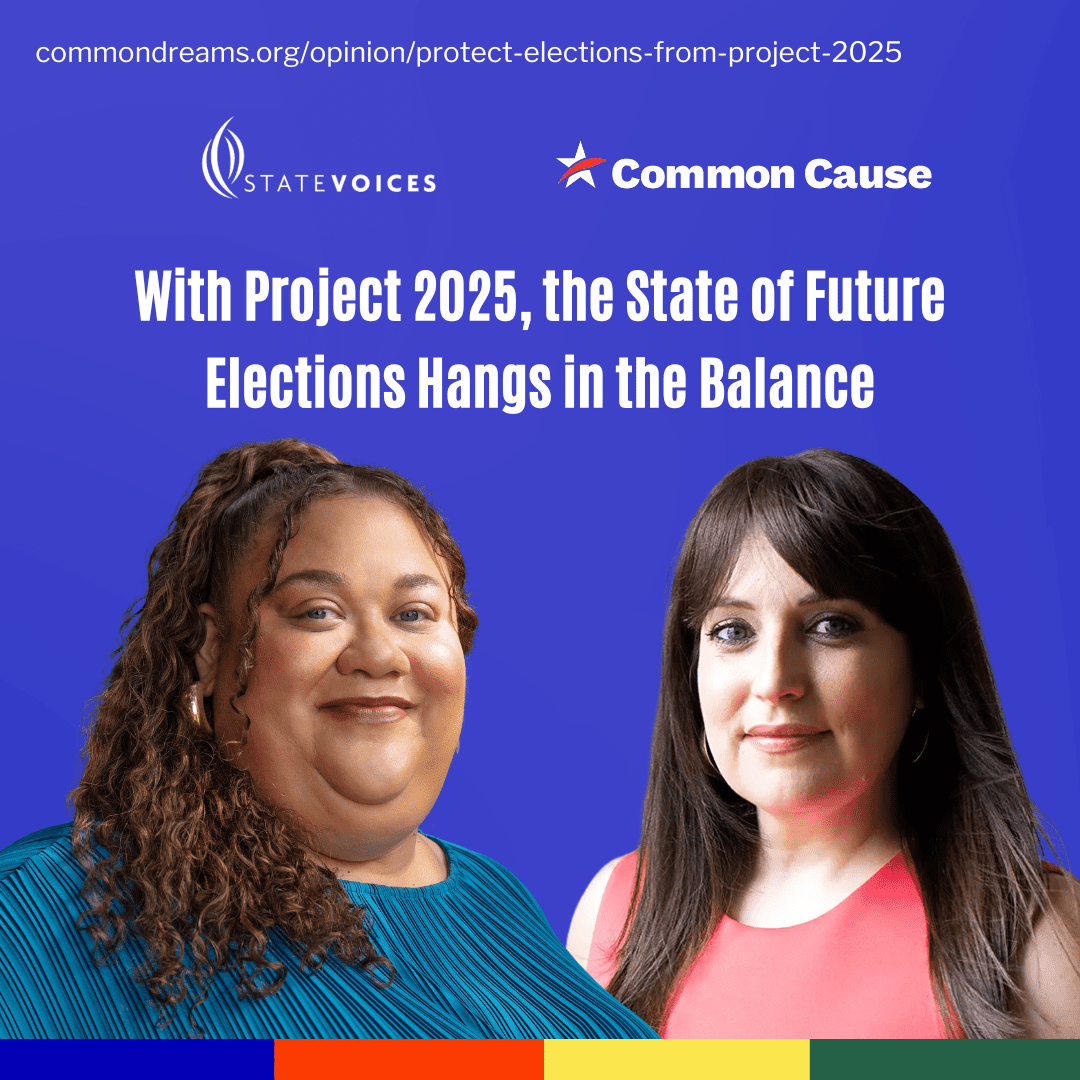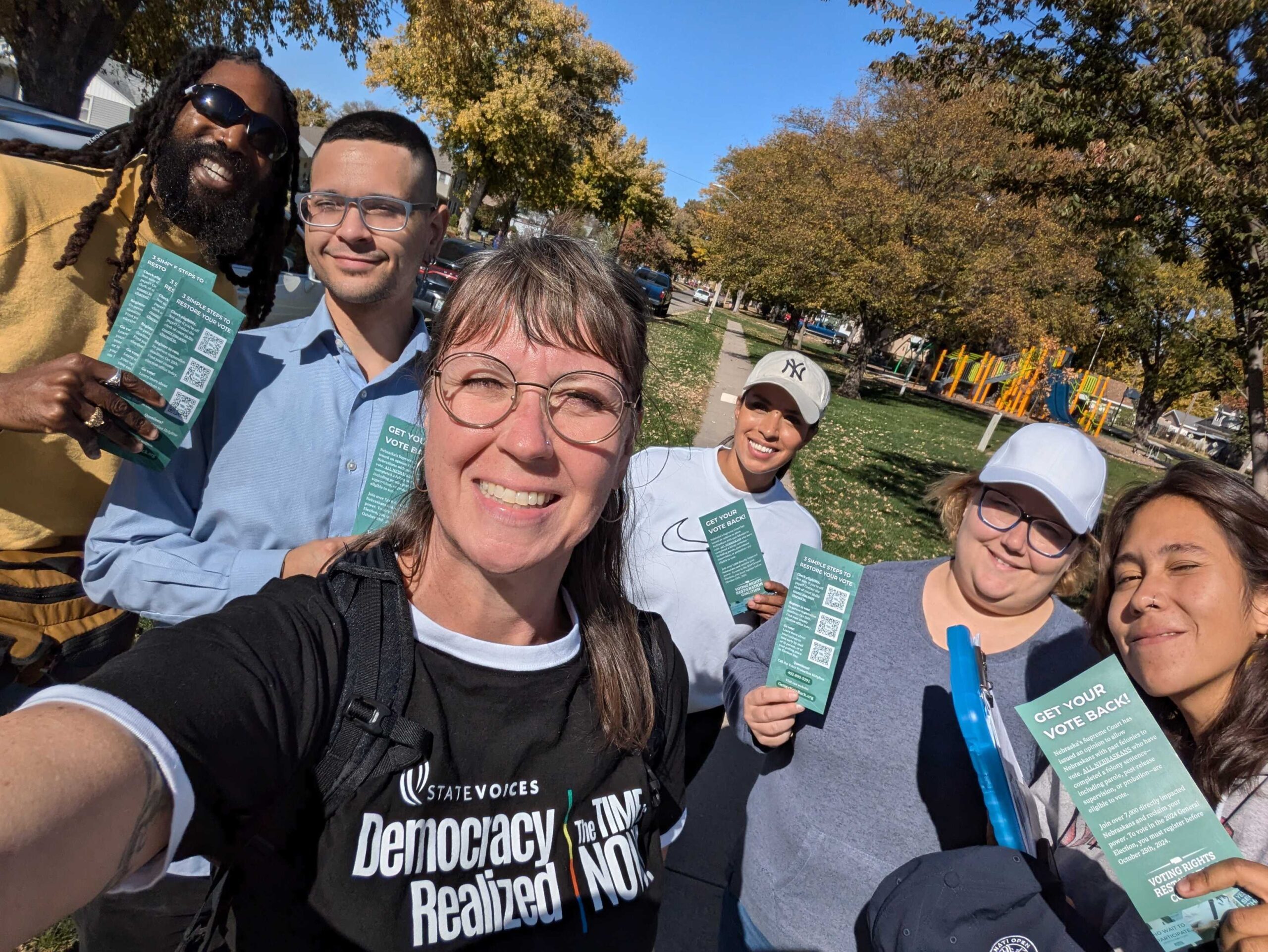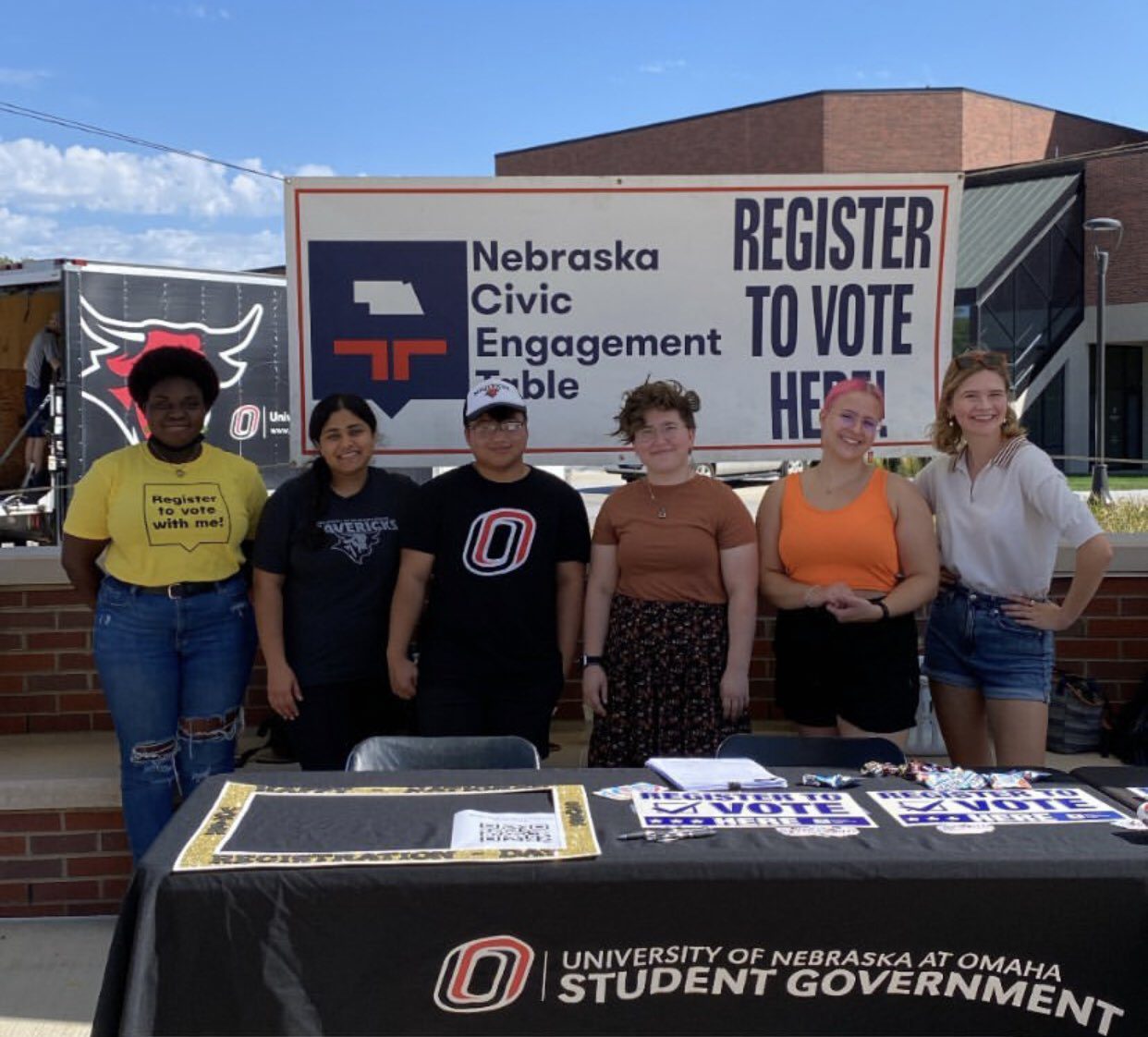With the 2022 election behind us, the State Voices Network is doubling down on our commitment to year-round organizing and civic engagement that builds BIPOC political power and makes our democracy more resilient and responsive. For many State Tables, that starts with advocating in state legislatures for new laws that allow a multiracial democracy to thrive.
State Voices recently hosted a series of legislative advocacy trainings that drew over 240 people from across the country. As our network ramps up our legislative advocacy, you can stay engaged by reviewing our legislative advocacy toolkit as well as our recent trainings on the legislative process, communications strategy, and grassroots advocacy.
The 2023 legislative process is already well underway in some states with bills being drafted, introduced, amended or approved, and signed by governors. Legislative sessions in other states are yet to start, with lawmakers and advocates still in the planning and preparation stages. As the work from State Tables and their partners across the country moves forward, outlined below are three key reasons why state legislatures are critical to building a multiracial democracy and why advocacy in statehouses is crucial to our success.
The time for influencing state policy is now, and preparation for voting access in 2024 and beyond is critical.
Any new state voting rights legislation passed this year will go a long way toward determining who has access to the ballot for the 2024 election and beyond. Several State Tables are aiming to implement proactive measures in their states to expand access to voting, including restoring the right to vote for people impacted by the criminal legal system; improving systems to register voters automatically; and expanding access to early voting and voting by mail.
Additionally, some State Tables are pushing back against burdensome and racially discriminatory Voter ID requirements that limit who can vote. By applying the right strategies for expanding access to democracy today, we can have an exponential impact expanding BIPOC political power in decades to come.
The issues state legislatures address have major impacts on our everyday lives.
While national media attention is often focused on the President and Congress, it’s state legislatures that are responsible for many of the decisions that most directly impact our lives and communities. Not only do state legislatures set many of the rules that determine whether the voting process will be seamless and widely accessible or littered with barriers; they also play major roles on issues ranging from education and community safety to public health, and economic opportunity.
During the 2023 legislative session, State Tables will be working on the frontlines of key state-level fights to advance critical bills related to democracy, reproductive rights, climate justice and disaster relief, police accountability, housing affordability, and more.
Compared to the U.S. Congress, influencing state policy can be more realistic and achievable.
The combination of partisan gridlock and fierce competition for attention from federal lawmakers often presents challenges for passing legislation on a national level, making progress at the state-level all the more important. Compared to members of Congress, state lawmakers represent smaller constituencies, have smaller (or zero) staff, and receive a fraction (if any) of the media attention and scrutiny compared to their federal counterparts. For advocates working to strengthen our democracy, local access to lawmakers can be a major advantage that allows us to defend against harmful legislation and provide information and support for proposals to strengthen a multiracial democracy.
In 2023, our network is ready to mobilize every corner of the country. Join us by checking out the virtual and in-person events across our network to achieve a democracy that counts every vote, hears every voice, and meets every need.
Categories: Civic Tech and Innovation



